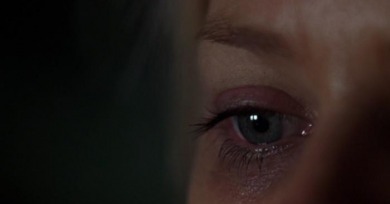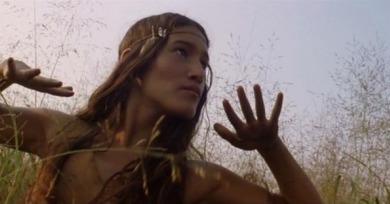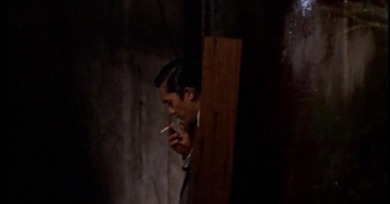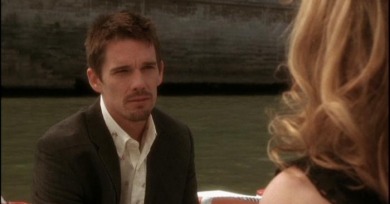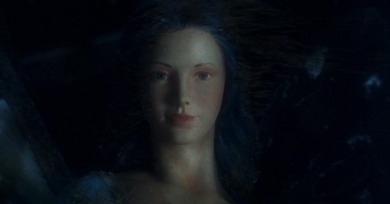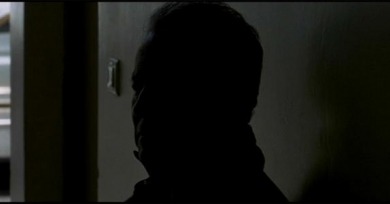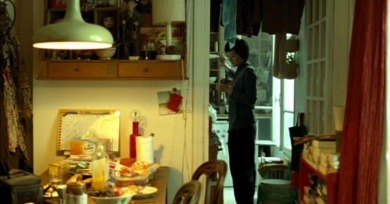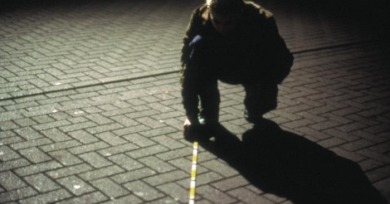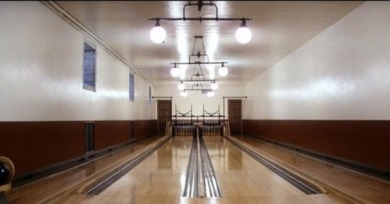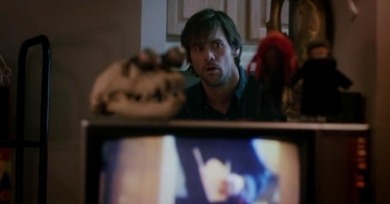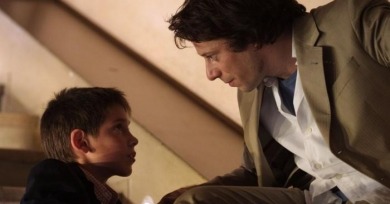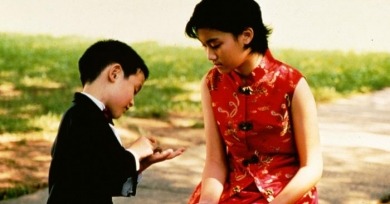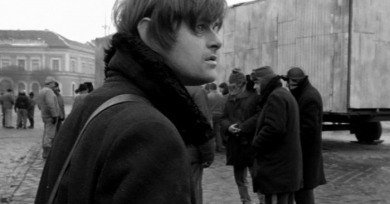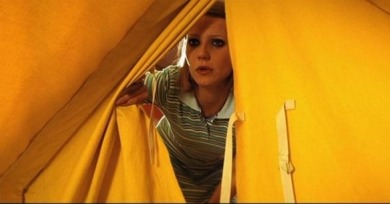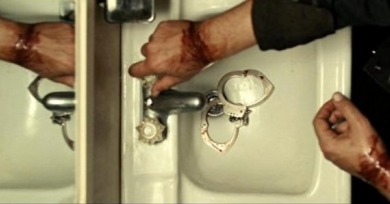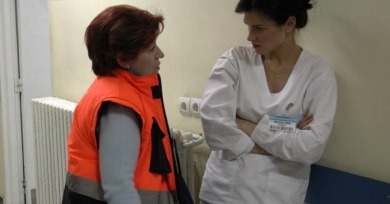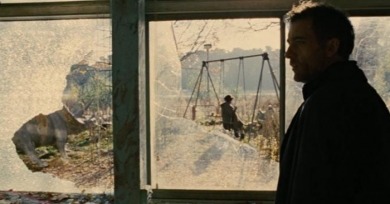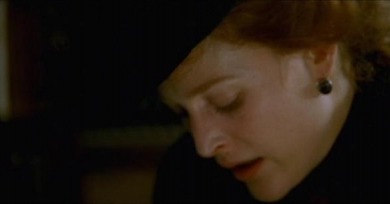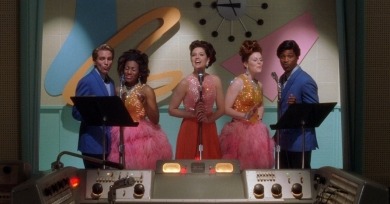Best of the Decade
Looking back on this American masterpiece from a 2010 vantage point, we can now see this was a film released on the brink of major change, and that it managed to embody that change while remaining resolutely timeless and true to its maker’s spirit.
Malick generously reminds us that we’re all potential “others” depending on circumstance.
It has remained one of the most shattering moviegoing experiences of my life. In my recollection, and that of many others, the film is the consummate tale of unconsummated love.
In its technical precision, its loose, meandering dialogue-heavy structure, and its focus on self-conscious, aging Gen-Xers as they grapple with issues both mundane and profoundly philosophical, Before Sunset may be the perfect Linklater movie. But it isn't his alone.
Syndromes is like the fever dreams of an illness, or, perhaps more fittingly for Weerasethakul’s films and installations, the flushed cheeks and rampant fantasies of a love sickness.
The first decade of the 21st century, even with all the technological changes that have greatly expanded knowledge of our origins and pointed towards our potential futures, holds no monopoly on the great unending debate of what the word “human” means.
Denis’s uncanny ability to frame and follow the human form, which makes her one of the cinema’s great sensualists, is complemented by a tendency towards an oblique political critique.
The red balloon is beautiful, but empty. Its movement fascinates and seduces the camera; it’s elusive in its meaning as well as its motions, and its value is only certain in its aesthetic appeal. But this value should not be underestimated.
If The Son is the first among equals in the Dardennes’ remarkable body of work, it is because its dramatic crux most perfectly articulates the suggestively epic power ingrained in their determinedly and deceptively small-scale workings.
The blustery banalities and sweeping assertions of the conventional historical epic give way here to the ominous, the ambivalent, and the particular.
Eternal Sunshine raises a sci-fi rumination on memory, love, and loss to the heady heights of modern masterpiece.
Relentlessly surprising, Kings and Queen was (now famously) made with Truffaut's dictum “Every minute, four ideas” as its animating principle.
Yi Yi’s exquisitely balanced and inclusive portrait of middle-class Taipei seems designed to accompany its devotees like a talisman through the years, and to continually renew and complicate the feelings we invest in it.
No living filmmaker works more assiduously or successfully in such a concretely chronographic register, harnessing the sublime power of uncut duration to maximize the dramatic impact and metaphysical aura of filmed reality.
Anderson’s micromanaged design, which he foregrounds so much more than most filmmakers, all but guarantees (for this viewer at least) that his movies fully emerge only upon the second viewing.
As always with Assayas, the camera is not merely a mechanical device, but a natural extension of the director’s eye. His writing is equally intimate and astute, providing us an immediate window into the kind of familial anecdotes and interactions that feel both mundane and revealing.
he core mystery of No Country for Old Men (both book and movie) is existential. The action may take place in a standing pool of blood, but the meat and gristle is the ugly side of surviving into old age: reckoning with cosmic disappointment from midlife to retirement.
Dante’s depiction of the Christian afterlife was not only for Italians, and Puiu’s film is hardly specifically Romanian: it’s a universal human parable of life, cowardice, kindness, and death.
Cuarón's surprisingly bold aesthetic is self-consciously dazzling, but it can't be considered groundbreaking. The film's long-take, pseudo-verité style seamlessly marries Saving Private Ryan’s and The Son’s radically divergent takes on documentary-style realism.
The House of Mirth is a lovingly petrified object, preserved in celluloid amber, perhaps even a cautionary tale, if we choose to see it that way. It is also pragmatic in its approach: the past is past, and it’s impossible to return to it, but we can learn from our mistakes in its recollection.
Many seem to think the aughts were a subpar decade for filmmaking, but that doesn’t alter the fact that, for most of Reverse Shot’s writers, it was arguably the most important in our development as thinkers and watchers
